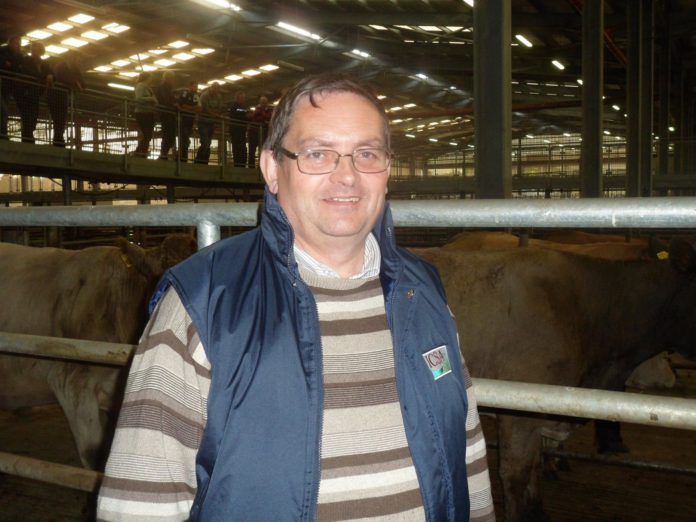In this news article, ICSA animal health & welfare chair, Hugh Farrell, stresses the need for competition in the anti-parasitic market following his appearance before the Oireachtas committee on Agriculture last week.
Competition is critical when it comes to ensuring that farmers have access to anthelmintic doses, which play an important role in animal health and thrive.
We are very concerned that an unduly onerous and over-restrictive prescription-only regime will be introduced.
We are fighting to ensure that we find workable solutions that keep product available at a fair price to farmers.
The DAFM must ensure that it does not bring in rules which are anti-competitive. We think there is a potential legal issue regarding competition, especially as the dosing of cattle is not a human health risk.
Red tape
ICSA believes that there is a risk that excessive amounts of bureaucracy and burdensome red tape are being imposed on the agri-food sector.
While farmers are well aware of issues from the repeated use of one type of anthelmintic on cattle or sheep, this is exclusively a problem from the perspective of animal performance and health.
ICSA believes that there is a real risk to competition in relation to anti-parasitic products, which up to now have been sold by veterinary practitioners, and licensed merchants, including co-op shops and pharmacies.
The variety of outlets selling such products has been critical to ensuring that products are available at a fair price to farmers without an excessive markup for the retailer or for the pharmaceutical company.
This is especially the case for generic products, which usually offer far better value than the original patented products.
Competition between outlets not only offers price benefits but also ensures that there are more pharmaceutical manufacturers competing to sell generic options.
ICSA supports the position of the Licensed Merchants’ Association in seeking to ensure that practical solutions are found to deliver full competition.
ICSA emphasises that a failure to ensure full competition in relation to anti-parasitics will further threaten the viability of farmers, particularly in the low-income cattle and sheep sectors, and could potentially lead to the underuse of products.
This, in turn, would be contrary to the need for greater efficiencies in animal performance.
Lower animal performance is contrary to the objective of finishing cattle and sheep at an earlier stage which is now a policy objective in terms of climate targets.
Other news articles on That’s Farming:
Much-improved payment package for bad TB outbreaks on the table





